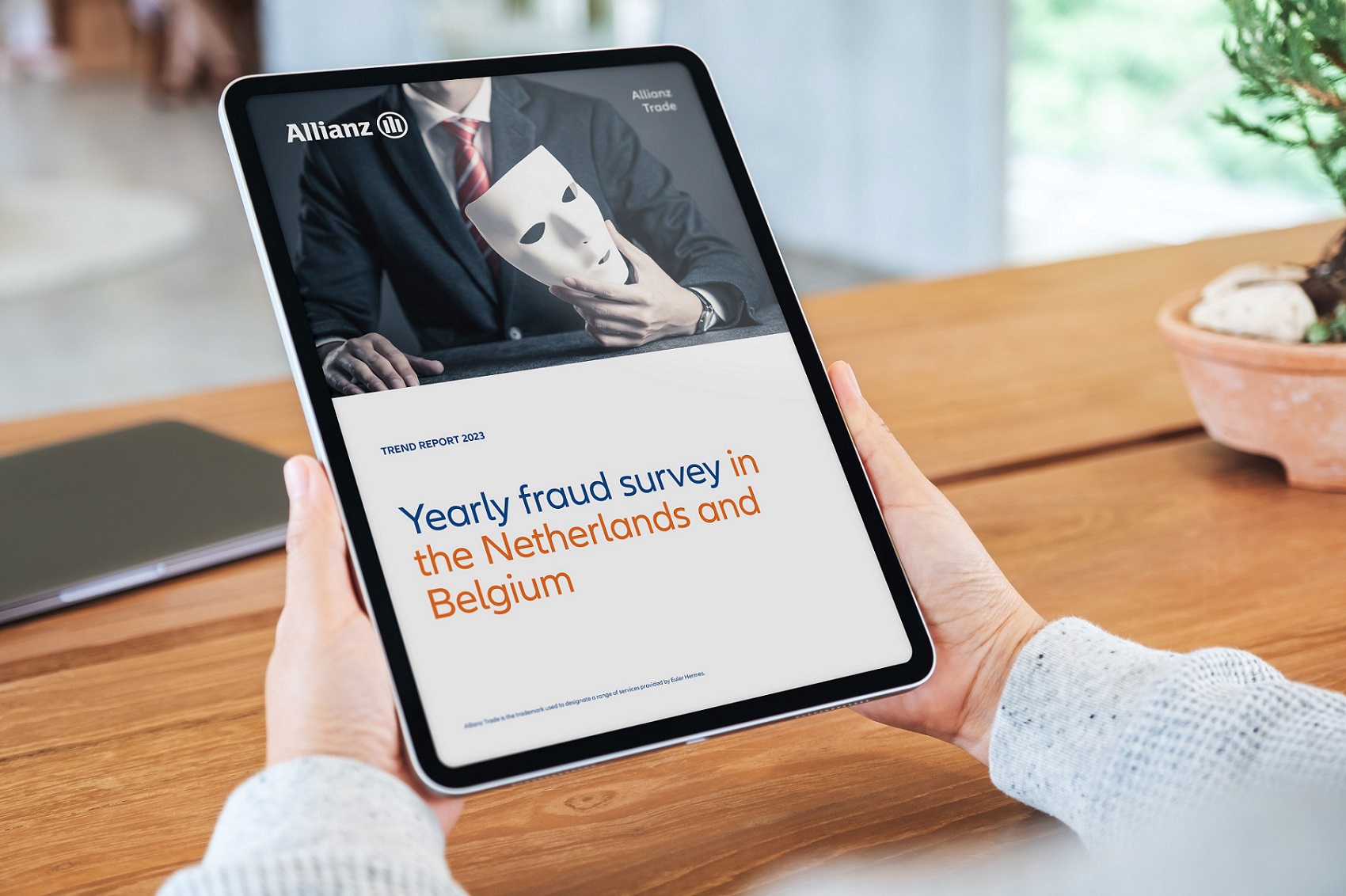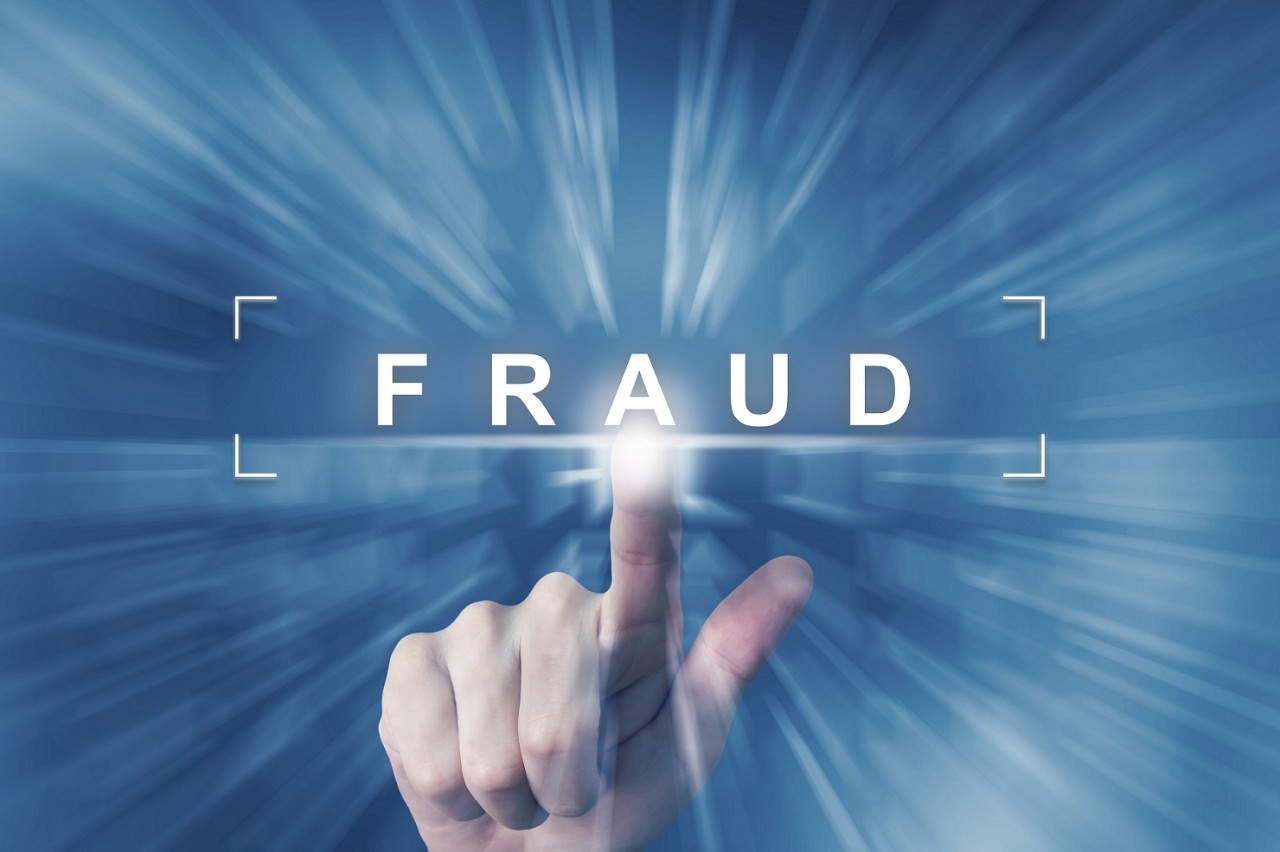The main feature of corporate fraud, also known as business fraud, is that it is very similar to 'business as usual'. It does not stand out. Fraudsters copy reality. They mimic the habits of an industry in order to gain trust. For example, by placing an order in someone else's name. Everything seems to match. You immediately recognise the house style and think: this is all right. Only one letter in the e-mail address turns out to be different.
Or another example: fraudsters pose as the director of your company and ask a financial employee by e-mail to transfer money urgently. You can hardly tell from the email message that a fraudster is behind this. This is also known as CEO fraud.
The danger can also come from within. Employees who conveniently enrich themselves or secretly collaborate with your biggest competitor. Fraud of your own staff has many variants: expense report fraud, privately reselling your stuff, copying company information and passing it on to a competitor, violation of a non-competition clause and so on.
According to our fraud survey, SMEs and medium-sized companies are increasingly the victims of fraud. Until a few years ago, multinationals were the main targets of fraudsters. Fraudsters are increasingly discovering that it is not at all difficult to cheat companies out of money.
CEO fraud and fraudsters posing as customers or suppliers are a growing threat to companies. But not only criminal activities by third parties, your own employees can also cause damage.
It is an illusion to think you can eliminate corporate fraud 100 per cent. It means that sooner or later, you can come up against a hefty blow. With Allianz Trade's fraud insurance, you protect your company against losses caused by fraud such as financial losses, property damage and reputational damage.











